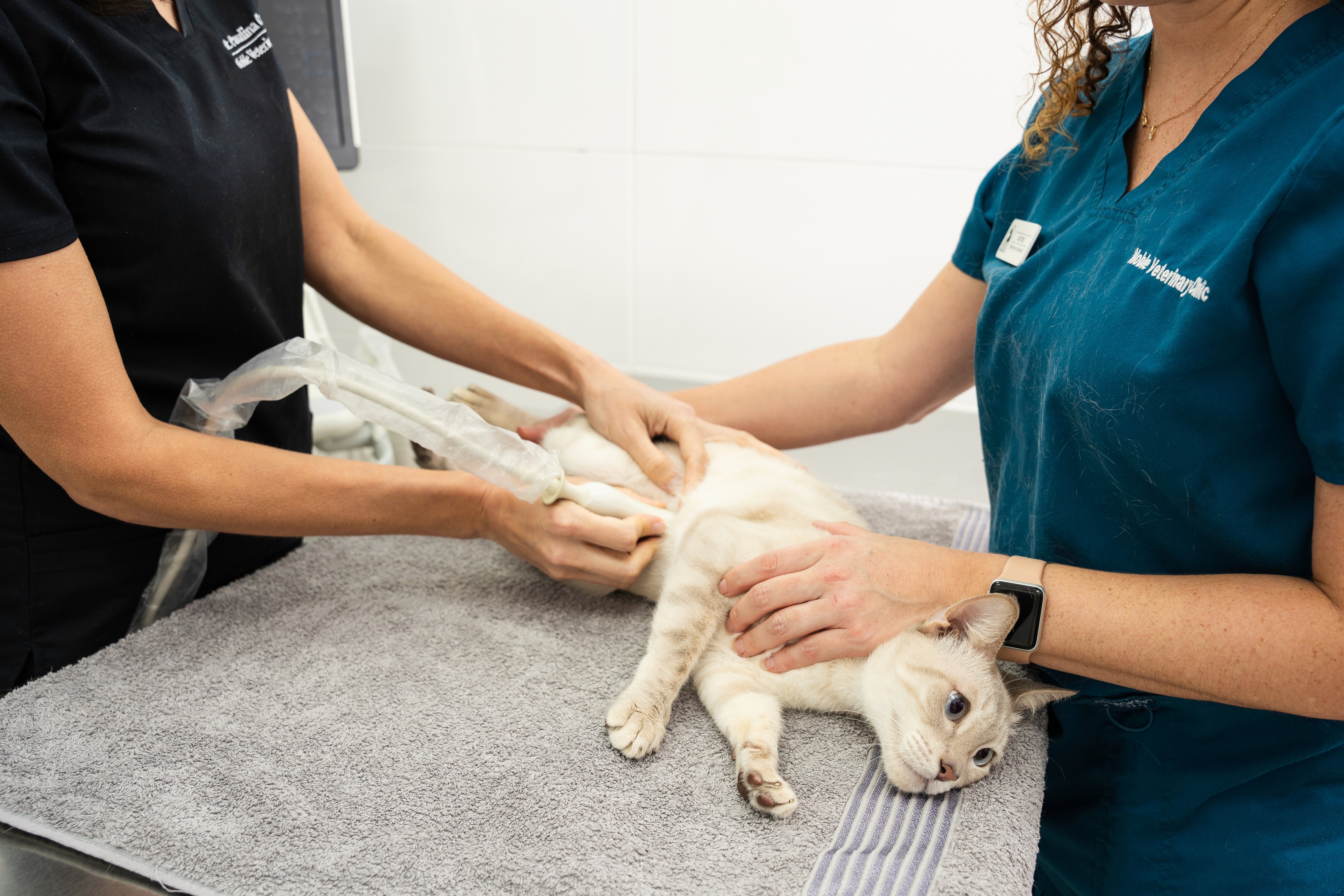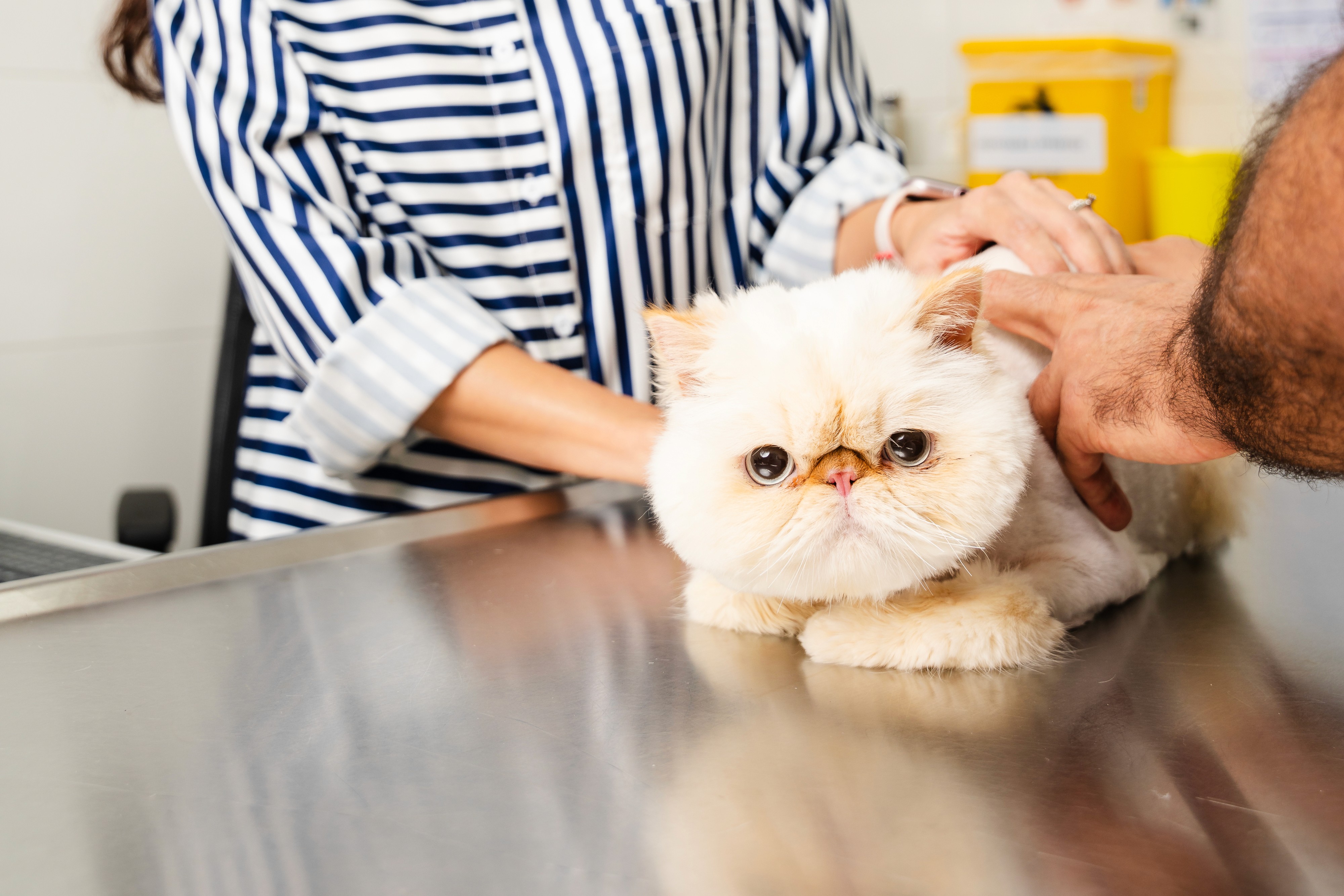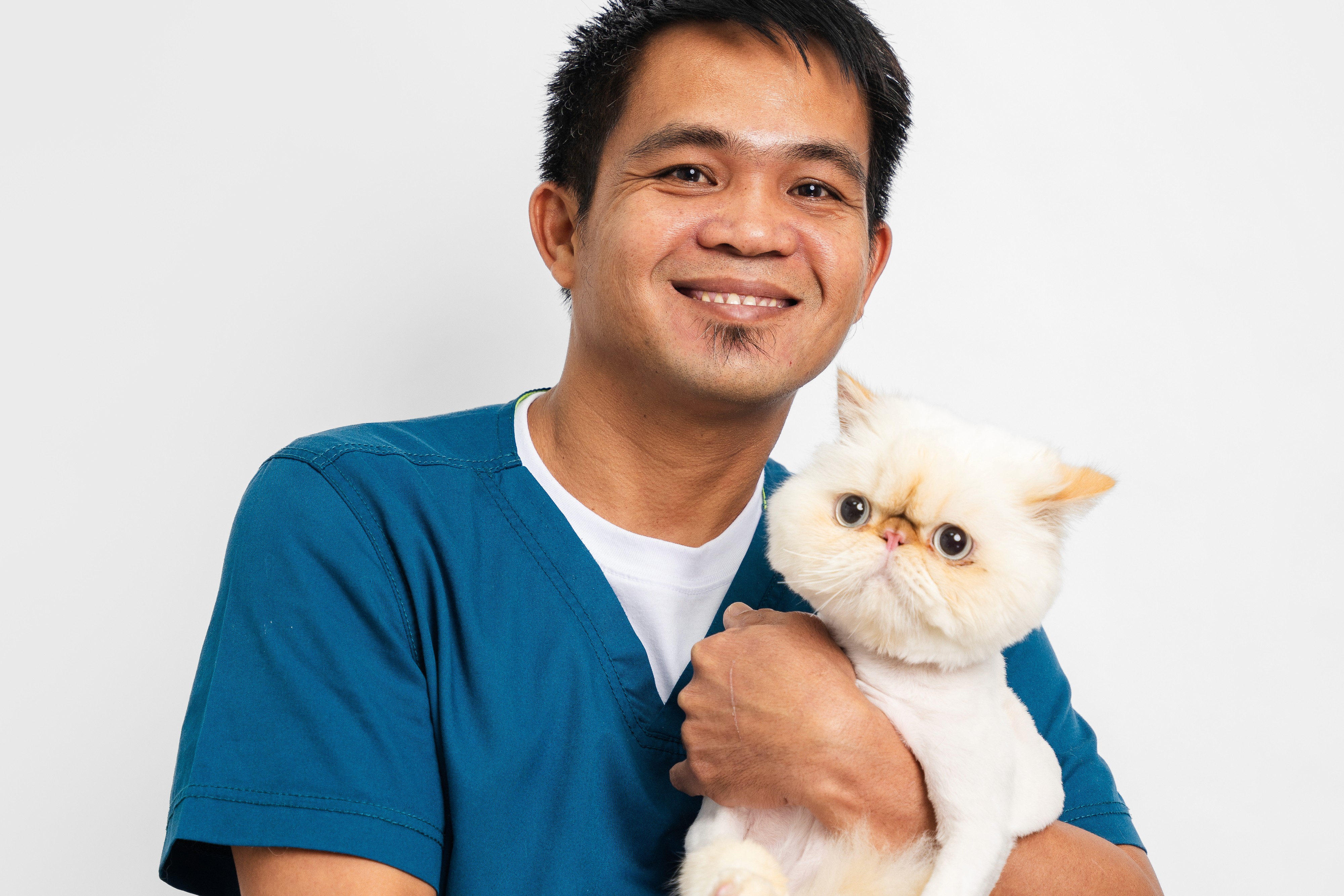13/11/2024
Cats have a thing for human food, often showing interest in the food we consume in our sofas. While we may sometimes give in to their cries and slip them a piece of what we’re eating, it begs the question of whether what we’re giving them is healthy or not.
As their caretakers, we should always provide the best care for our cats, which includes understanding the food we provide to them. On the topic of what cats can eat, can cats have yogurt?
Can Cats Have Yogurt
In short, cats can have yogurt. However, due to their sensitive digestive systems, they should only consume plain yogurt that is unflavored. Any additions will upset their stomach and cause complications.
Lactose Intolerance in Cats
One of the main concerns when cats have yogurt is the threat of lactose intolerance. Lactose is essentially just sugar in milk. Since cats lack lactase, they cannot break down the lactose in milk and several other dairy products. Thus, this makes them lactose intolerant.
Kittens, on the other hand, can process lactose since they require milk from their mother. However, they can only process lactose during their nursing period. Once they finish their period of nursing, they lose the ability to produce lactase. They cannot process lactose and require other foods for their nutrition.
Nutritional Content of Yogurt for Cats

Yogurt is a popular dairy product that is a result of the fermentation of milk by bacteria. The bacteria responsible for the fermentation process are Lactobacillus bulgaricus and Streptococcus thermophilus. The process of fermentation starts when the milk is combined with these bacteria and left to sit for several hours at a relatively warm temperature of around 45 degrees Celsius.
The end result is a thick and tasty dairy treat that has probiotic properties and good nutritional content. Below are some of the nutritional content of yogurts in cats:
Water
Yogurt has water as its most abundant ingredient. Cats need water to regulate their organ functions and help eliminate waste from the body. It also contributes to nutrient absorption while regulating body temperature. Overall, water is important for keeping your cat’s body stable and running.
Protein
Yogurt is a good source of protein. Cats are obligate carnivores, which means protein is one of the most important nutrients they need due to their reliance on this nutrient for energy, muscle production, tissue building, and other enzymatic functions. Yogurt does not contain a huge amount of protein, but it has a good amount that can be added to its diet to give a little boost of protein.
Probiotics
Probiotics consist of good and healthy bacteria which help your cat mainly through its digestive system. The good bacteria aid your cat in its digestive processes, such as breaking down food and absorbing its nutrients. They also are a good way to help prevent diarrhea in cats and can be effective in helping reduce inflammation in certain diseases. Generally, probiotics are good for ensuring good gut health for your cats.
Vitamins
Yogurt has vitamins that support certain functions of your cat’s daily lifestyle. These vitamins are crucial for cats and promote bone health, blood clotting, and metabolism, to name a few. A good amount of vitamins such as Vitamin B2, B12, C, and D.
Vitamin C
Vitamin C contributes to tissue growth and repair in cats. It also helps in the production of collagen and the health of bones.
Vitamin B2
Riboflavin is a good vitamin for breaking down the nutrients your cat consumes. These carbohydrates, fats, and proteins are broken down to produce energy for your cat.
Vitamin B12
Vitamin B12 is an essential vitamin for keeping your cat’s digestive system up and running. It is also essential for the maintenance of cognitive function and the immune system while reducing the risk of anemia.
Vitamin D
Calcium and phosphorus are crucial minerals for your cat’s health, and Vitamin D helps retain these crucial minerals. It also helps in your cat’s bone, nerve, and muscle functions.
Minerals
Yogurt contains essential minerals to help maintain the bodily functions of cats. These minerals also constitute a balanced diet for cats, which helps in bone growth and enzyme formation.
Calcium
Calcium is a good nutrient for securing bone and teeth health. It also plays a role in blood coagulation, which prevents excessive bleeding when injured.
Potassium
Potassium plays a balanced role in maintaining several bodily functions, including the processes of muscles, nerves, and the heart.
Magnesium
Magnesium keeps your cat’s overall health balanced by helping it absorb nutrients. This balanced role helps your cat produce proteins, grow healthy bones, and regulate the functions of its enzymes.
Benefits of Yogurt for Cats
Cats can get a multitude of benefits from eating yogurt. Due to its nutritional content, yogurt is considered one of the healthiest snacks for cats. But do keep in mind that yogurt should only be given in moderation to take full advantage of these benefits. Below are some of the benefits of yogurt for cats you should take note of:
Reduced Lactose Content
Because yogurt is fermented, most of the lactose is essentially broken down. This makes it easier for your cat to digest the yogurt and absorb its nutrients.
Improved Digestion
As previously mentioned, yogurt is high in probiotics. This means that the good bacteria in yogurt can help your cat’s digestion and improve its overall gut health. Probiotics make it easier for your cat to digest and absorb nutrients from food.
This reduces the risk of the effects of lactose and other complications involving the gastrointestinal tract, such as diarrhea and constipation. Yogurt promotes a healthy balance of bacteria in the gut, which makes your cat’s tummy happy and healthy.
Nutritional Supplement
In moderate amounts, yogurt is a good nutritional supplement as it offers a balanced content of protein, vitamins, and minerals. These nutrients are essential for muscle repair, immune response, and overall bodily functions for your cat. This makes yogurt a good overall snack that can give your cat a good amount of nutrients while also being tasty.
Appetite
Most cats love the texture and taste of yogurt, which can be useful for giving your cat a nutritious snack that is light and not overwhelming. This can also serve as an appetizer to get your cat’s appetite going for its main meal.
Risks of Giving Cats Yogurt

While there are potential benefits, it’s also important to weigh the potential risks of giving cats yogurt. However, with strict moderation, these risks can be easily avoided. Here are some of the possible risks of giving cats yogurt:
Lactose Intolerance
As adult cats cannot produce lactase, cats can still experience digestive problems even with the reduced lactose content. This can cause vomiting, bloating, gas, and other gastrointestinal problems.
Additives
Lots of yogurt have different types of additives and flavorings that can be deadly for cats. Giving your cats too much sugar can potentially lead to obesity and diabetes. Other additives can also be a problem as these might cause allergic reactions and an upset stomach for cats. The best yogurt to give cats is a plain, unsweetened one.
Amount
Moderation is always your best friend when dealing with your cat’s diet. An excessive amount of yogurt can lead to an imbalance in its diet, considering that your cat mostly requires protein. It can also cause an upset stomach due to the large amount of lactose. It’s recommended to give only a tiny amount, such as a dollop of yogurt.
How to Give Cats Yogurt
Yogurt is not exactly a crucial part of your cat’s diet, but it can be beneficial for them. The probiotics in yogurt are certainly worth looking at, but it is also important to correctly prepare and serve yogurt to your cats to prevent any issues. Here are some ways you can give cats yogurt:
Choose the Yogurt
Yogurt with no toppings, sweeteners, or additives is the best choice for your cat. Greek yogurt is your best bet as it may contain two times the amount of protein in regular yogurt. This means that you’re getting a good amount of protein while still being able to give your cat probiotics without overfeeding it.
Small and Slow
Give small portions to your cat. Your cat needs to consume this treat slowly and steadily. Also, it should be noted that the portions you give should not exceed 10% of your cat’s daily diet consumption. Yogurt is healthy, but cats get most of its nutrition from protein sources.
Monitor for Reactions
Keep a close eye on your cat in case it experiences any digestive problems. This can be vomiting, diarrhea, bloating, or sounds of pain. If these symptoms occur, stop feeding it yogurt immediately.
Consult Your Veterinarian
The best way to make sure which food your cat can eat is by consulting your local veterinarian. A quick visit can easily educate you to better serve your cat’s nutritional requirements. Expert advice goes a long way in your cat's diet.
Conclusion
In summary, cats can have yogurt. However, it should be noted that yogurt should only be given in moderation and small amounts. Plain, unsweetened yogurt should be the only choice for your cat as it poses no significant threats to its health and well-being.
While the benefits of yogurt seem promising for cats, their diet would be better suited to food sources with higher amounts of protein. But you can still give yogurt as a treat sometimes. Visit our clinic so we can help create a detailed diet plan for your cat.
Subscribe to Our
Newsletter
Sign up for weekly pet health tips and insights from our veterinarians.
